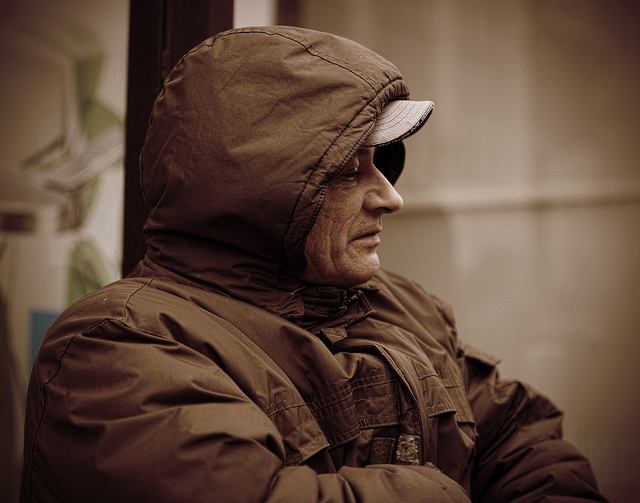
Once released back into their communities, formerly incarcerated people are expected to successfully acclimate back into society, yet they are often barred from the very assistance they need. Researchers are continually learning about what life is like after prison. A recent article in The New York Times details a new study that reveals how childhood trauma and mental illness hinder formerly incarcerated individuals’ ability to reconnect with loved ones, establish housing, and find work in the first year after prison.
The lead investigator of the study, sociologist Bruce Western, followed 122 former inmates in Massachusetts in their first year out of prison. He found that childhood trauma — particularly childhood violence — affected many of the participants in his study. Half of his participants also reported having a chronic condition and nearly two-thirds reported either a physical or mental health concern. In his recent book about the study, Homeward, Western argues that those who go to prison are much more likely to have challenges with addiction, mental illness, and physical disability. Western writes,
“Redressing the historic injustice of mass incarceration must do more that settle accounts with the past. Police, judges, and penal officials who acknowledge historic harms can begin to heal relationships and build trust with disadvantaged communities. But such efforts will feel hollow without real change. Under the harsh conditions of American poverty, the antidote to violence is not more punishment but restoring the institutions, social bonds, and well-being that enable order and predictability in daily life.”
In other words, for true change to occur, we must address the frequent connections between childhood trauma, mental health, and criminal involvement with adequate programming and treatment. At this point, the United States addresses crime with lengthy stints of incarceration, disentangling it from a complicated picture of people’s lived experiences with violence and trauma. As Western strongly asserts in the article,
“The whole ethical foundation of our system of punishment I think is threatened once you take into account the reality of people’s lives.”

Comments 1
zombs royale — August 23, 2018
I enjoyed reading your articles. This is truly a great experience for me.